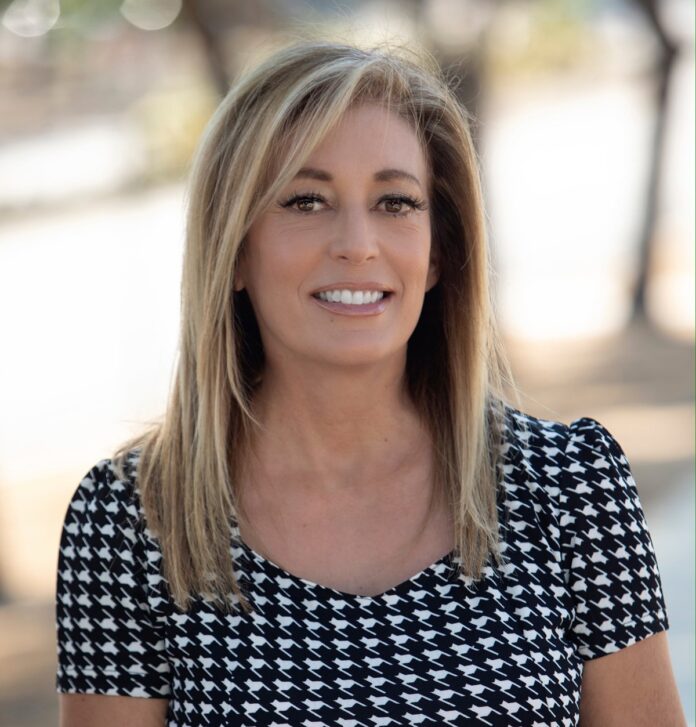The 2023-2024 regular session of the Legislature adjourned Aug. 31. For better or worse, over the past two years we’ve debated 4,821 bills. This year, over 1,200 bills passed both houses and were sent to the Governor. He vetoed 15.7%. And last year, 1,100 bills reached the Governor, and his veto rate was 14.9%.
3,291 of these bills originated in the Assembly, and 1,530 were Senate bills. 1,420 bills created a state mandate for a local program, in some cases without providing state reimbursement. As a former city council member and supporter of local control, I am not a fan of unfunded state mandates.
Most bills require a majority vote, but 368 required 2/3, mostly because they would amend the state constitution or raise taxes. 3,935 bills were designated “fiscal,” meaning they impact the budget and have to get approval by the Appropriations Committees in both houses (often a difficult process). 176 bills had an urgency clause – those go into effect immediately upon the Governor’s signature. Urgency bills also require a 2/3 vote, making passage more difficult.
Individual Members may introduce up to 50 bills, and seven members introduced the maximum. The average number of bills introduced per Member was 39, the lowest was seven. One Member introduced 167, but that was a special circumstance because the bills were budget-related.
Legislative business is conducted by committees with jurisdiction over specific policy areas. They usually have a Democratic chair and Republican vice chair. Most bills must pass several committees before a final floor vote. In the Assembly, the average number of standing committee assignments per Member was 4.55, but five Members were assigned to seven committees. This session I served as Vice Chair of the Health, Rules and Emergency Management Commit¬tees, and I was a member of Banking and Finance and Local Government.
Obviously, the Legislature has no problem keeping busy. Public input about legislation under consideration is vital to help form legislators’ opinions. By sharing opinions about pending legislation, the public becomes an essential part of the legislative process.
Assemblymember Marie Waldron, R- Valley Center, represents the 75th Assembly District in the California Legislature, which includes the cities of Poway, Santee, portions of the City of San Diego, and most of rural eastern and northern San Diego County.














